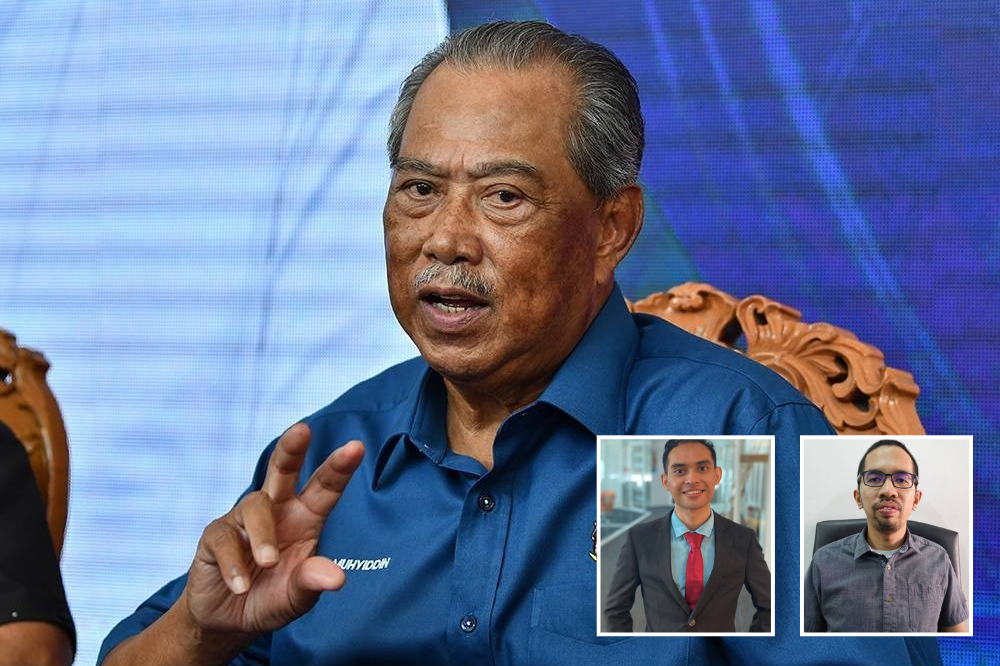Bersatu's unity hinges on Muhyiddin's leadership, says analyst
Bersatu's factions may lead to internal turmoil.

SHAH ALAM - Bersatu's unity hinges on party president Tan Sri Muhyiddin Yassin, and maintaining harmony requires him to remain president for this term.
According to political analyst Arif Anwar Lokmanol Hakim, Muhyiddin's current term should be his last as president.
"Amending the constitution would be necessary if Muhyiddin were to contest again," he told Sinar Daily when contacted.
He noted that Bersatu's current unity is mainly due to Muhyiddin's presidency, which was evident during the peak performance of Bersatu and Pas in the last general election (GE15).
"Currently, Bersatu seeks harmony and aims to allow Pas to assume the higher position in Perikatan Nasional (PN) coalition," he said.
"But if Muhyiddin is unable to do so, then other leaders should be allowed to contest for the top five positions, such as Azmin (Datuk Seri Mohamed Azmin Ali), Hamzah (Datuk Seri Hamzah Zainuddin), and Peja (Datuk Seri Ahmad Faizul Azumu)," he said.
Discussing the preservation of party harmony, he observed that Bersatu has fragmented into several factions, including those aligned with Selangor Opposition leader Azmin, Opposition leader Hamzah, and Faizal.
"Each faction has its own interests, so internal turmoil could occur if they vie for the top five positions," the political analyst added.
In a related matter, political analyst Anis Anwar Suhaimi predicted that Muhyiddin is likely to retain the Bersatu presidency.
"This probability is supported by the significant increase in parliamentary and state legislative assembly seats held by the party post GE15 and subsequent state elections," he said.
"Although Bersatu did not retain governmental power post GE15, maintaining the current leadership could help stabilise the party.
"By maintaining the current leadership, Bersatu can minimise power struggles within internal factions and reduce potential disruptions.
"This strategy not only strengthens Muhyiddin's leadership position but also provides the party with stability as it faces future political challenges," he added.
Anis stressed that Bersatu, and by extension PN, differs significantly from other political entities like Barisan Nasional or Pakatan Harapan.
"This distinction is crucial to recognise because the coalition's brand often holds more sway than individual political figures within the party.
"Hence, the primary task for Bersatu's leadership is to guide the party in aligning its approach and agenda with the public's aspirations," he added.
Anis suggested that by accomplishing this, Bersatu can remain relevant and influential in the mainstream political landscape, ensuring that it continues to connect with the electorate and effectively address their needs and expectations.
Last week, Bersatu grassroot members called for flexibility in the nominations for the party’s top five positions.
They expressed concern about the party’s future after its poor performance in several state polls and its recent defeat in the Kuala Kubu Baharu by-election.
Bersatu’s constitution states that only members who have been a supreme council member or division chief for two full terms are eligible to contest the top five positions.











